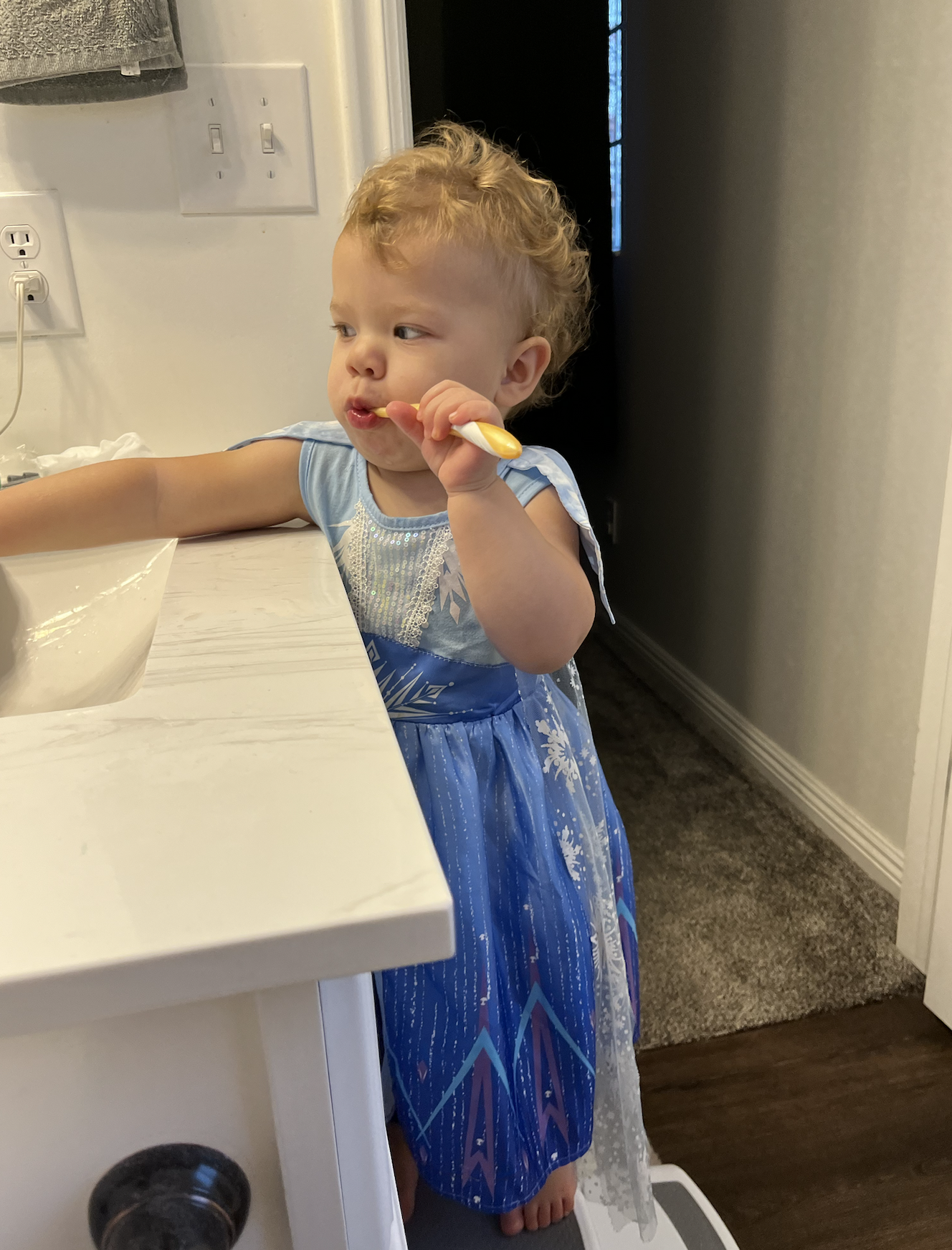6 Effective Strategies to Foster Independence in Young Kids
Introduction
How many times have you felt overwhelmed by the constant need to guide your young ones through every step? If you find yourself wondering how to nurture independence in your children, you’re not alone. I vividly recall the challenges of wanting my child to grow independently while balancing the urge to protect. Let’s explore ways to empower our little ones towards self-sufficiency.
Tip #1 – Encourage Decision-Making Opportunities
You might have researched and discovered elaborate methods of guiding kids through decisions, yet there’s a simpler way. Rather than overdirecting, give your child choices with defined boundaries. By allowing our kids the freedom to decide within limits, we support our child’s growing sense of self-reliance while providing a safety net of guidance.
The beauty lies not in the complexity of the choices but in the empowerment built from making the choice. Imagine the pride and sense of accomplishment that blossoms within a child when they choose their snack for the day or select their bedtime story. These seemingly trivial decisions form the stepping stones towards greater decision-making responsibilities. I’ve seen remarkable confidence in my child when given the chance to make simple choices.

Tip #2 – Embrace Failures as Learning Moments
Removing the fear of failure allows kids to explore without hesitation. Creating an environment where mistakes are normalized nurtures resilience and determination. This approach shifts the focus from the mistake itself to the lesson it offers. Show them that setbacks are temporary and can be overcome with determination and a positive mindset. This is done by praising effort and resilience rather than just achievements. When they see you embracing failures as opportunities for growth, they’ll be more inclined to adopt the same attitude.
“Failure is an event, not a person. Yesterday ended last night.”
—Zig Ziglar
As read in, “Quotes About Failure for Kids and Students” by Michael Stutman
Encourage your child to step out of their comfort zone and try new things without the fear of judgment. This approach builds their confidence to tackle challenges and reinforces the idea that failure is not the end but a part of the journey toward success. By creating this supportive environment, you’re nurturing resilience, determination, and a healthy perspective on failure, ensuring that your child sees it as a stepping stone rather than a stumbling block.
Tip #3 – Promote Self-Help Skills
Your child has the ability to handle simple tasks independently, such as dressing themselves or tidying up their toys. I remember my 14-month-old baby girl watching as I began picking up her toys at the end of the day. Normally, she would then go and take out the toys I put into her toy chest, but this time, she began picking up the blocks with me. Now, this didn’t mean every time I started picking up her toys she was eager to help, but the habit of the task was started.
Encouraging small self-help tasks develops a sense of capability. It’s incredible how these seemingly trivial tasks instill a sense of accomplishment in young minds. This early empowerment sets the stage for them to tackle more significant challenges with assurance as they grow.
Tip #4 – Provide Opportunities for Problem-Solving
Rather than jumping in to resolve every issue, guide them in brainstorming solutions. This practice of involving them in finding answers develops critical thinking skills. And, you can do this at every stage of childhood.
My now 20-month-old frequently gets flustered when the wheel of her baby’s stroller gets caught on another toy. Instead of rushing in to fix the issue, I try to navigate her through the solution. I give her a second to figure it out, and if that doesn’t work, I direct her attention to the wheel where the wheel is stuck. Most times, this will allow her to figure out how to fix it. Only after trying to help her navigate the issue and her not being able to figure it out do I step in. I’ve seen my child’s creative problem-solving abilities flourish through these discussions.
“You cannot teach a child to take care of themselves unless you will let them try to take care of themselves. They will make mistakes; and out of these mistakes will come their wisdom.“
—Henry Ward Beecher
Tip #5 – Foster Independence in Decision-Making
Supporting your child in expressing their thoughts and then respecting their choices nurtures their understanding of the importance of their own viewpoints. When kids feel heard and respected, they develop a stronger sense of confidence in their decisions. Emphasizing the value of their opinions lays a foundation for them to grow into independent thinkers who trust their judgment as they navigate the world.
Tip #6 – Encourage Exploration and Curiosity
Creating an environment that allows for exploration sparks curiosity and a hunger for learning. Encourage hands-on experiences that promote discovery. Create space and time for unstructured play where your child can experiment, discover, and invent without restrictions. Engaging in such activities not only stimulates their creativity but also fosters problem-solving skills and resilience. As they explore and encounter new things, they build confidence in their ability to navigate the world around them, paving the way for a lifelong love of learning.
Model a curious mindset yourself. Show enthusiasm for learning new things, ask questions, and explore alongside your child. Demonstrating curiosity and a willingness to explore sends a powerful message that learning is a continuous and enjoyable process. Celebrate their discoveries and observations, no matter how small, to fuel their curiosity and reinforce the idea that exploration is not only encouraged but celebrated in your household. By nurturing this environment of exploration and curiosity, you’re nurturing a love for learning that will stay with your child as they grow.

Conclusion
And there you have it, six strategies to nurture independence in your young ones. Enabling these practices in your child’s daily routine can lead to remarkable growth and a sense of self-assurance. Let me know which strategy resonates most with you, or if you need further guidance on this incredible journey. I’m here to support you in empowering your child’s independence.
For more simple things you can do with your child, check out this free resource which contains 10 Practical Tips for Nurturing Moral Development and Independent Thinking in Children.


0 Comments